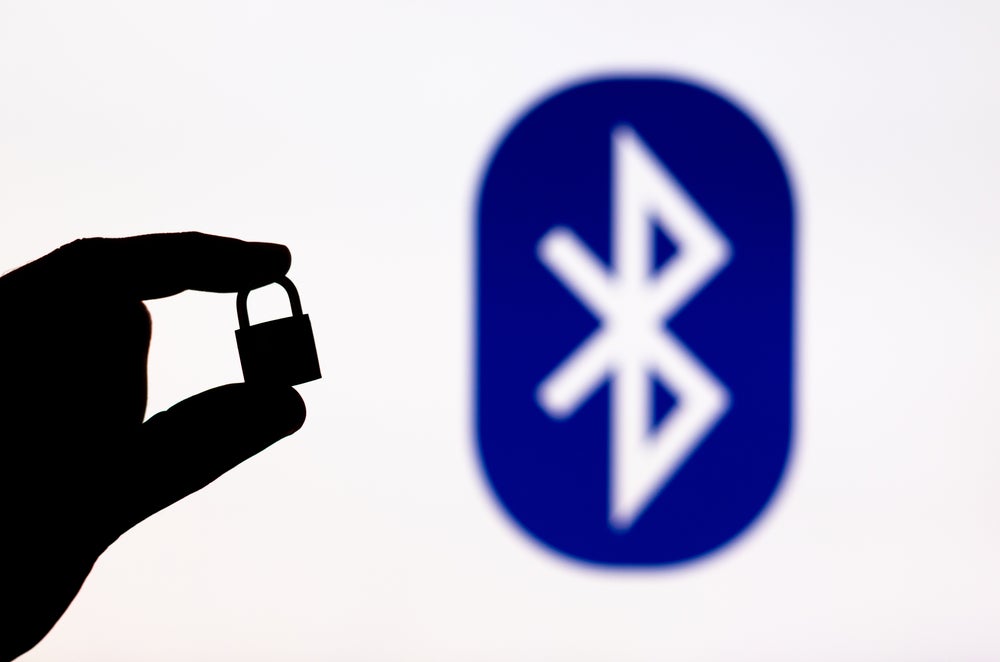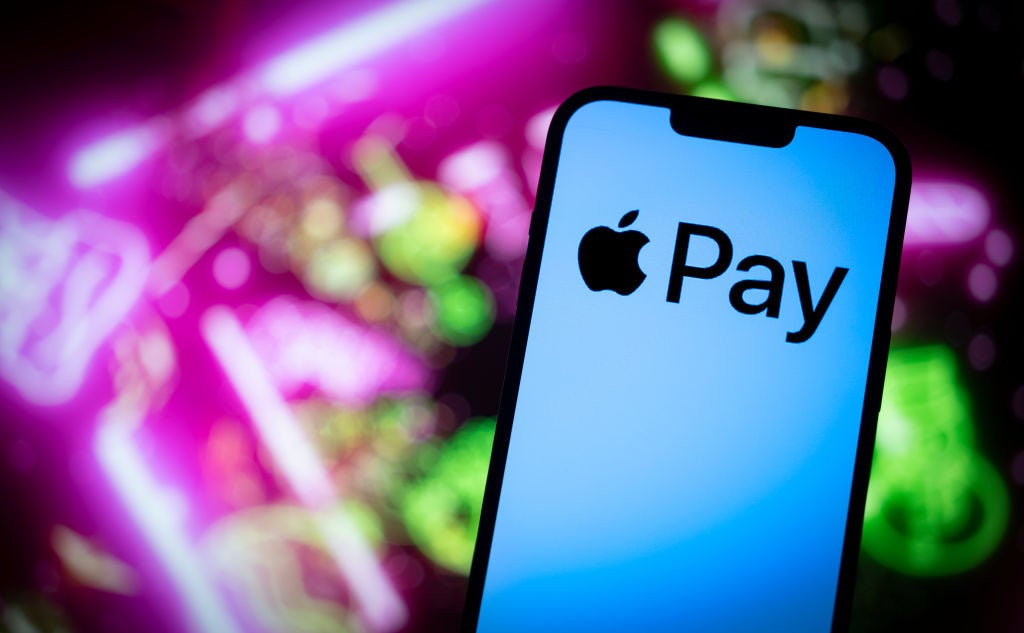After drafting an industry-first joint specification with Apple to combat unwanted surveillance from Bluetooth tracking devices, Google announced during its I/O event in July 2023 that it will begin rolling out unknown tracker alerts on Android devices running Android 6.0 and above.
These devices will receive an automatic alert notifying them of a “tracker travelling with you,” before going on to state: “Unknown tracker detected. The owner of this tracker can see its location.”
From there on, users can tap the notification to view a map showing the tracker’s last-known whereabouts and can hit “play sound,” which will then ping the Bluetooth tracking device to play a sound without notifying the owner.
Tapping the notification will also present users with several options, including contacting either someone they know or law enforcement, revealing and saving the serial number of the tracker as well as the last four digits of the owner’s smartphone, and disabling the tracker.
New features add much-needed protections
Android is the largest smartphone platform in the world, with over 3.6 billion active users. As such, having the platform better equipped to help users protect themselves from unwanted surveillance – and the escalating dangers that can come with such exposure – is no doubt a momentous step in the right direction.
Having this feature on by default across such a broad user base without any sort of app installation significantly increases the number of people who could find themselves protected from unwanted Bluetooth tracking. Removing any installation requirements or opt-in mechanics could provide more protection to the completely unsuspecting, as in those who had never considered they were being observed and therefore hadn’t thought to download an app for some modicum of protection/awareness.
How well do you really know your competitors?
Access the most comprehensive Company Profiles on the market, powered by GlobalData. Save hours of research. Gain competitive edge.

Thank you!
Your download email will arrive shortly
Not ready to buy yet? Download a free sample
We are confident about the unique quality of our Company Profiles. However, we want you to make the most beneficial decision for your business, so we offer a free sample that you can download by submitting the below form
By GlobalDataMoreover, enabling the observed party to turn off the tracking device is a whole new order of agency in self-protection, as is the ability to contact help and save identifying information on the tracker. Each of those capabilities represents steps beyond any that Apple has taken since making its first moves toward safety measures in early 2022.
One potentially very big issue
There is still some potential for hiccups with Apple and Google’s joint specification. Namely, if luggage or personal items with Bluetooth trackers attached to them are lost, bad actors will be able to disable the tracker once they receive the ‘unknown tracker’ alert, allowing them to steal the item undetected. OEMs need to install measures to ensure owners legitimately tracking items do not fall victim to thieves or have their own identifying information comprised.
Where is Apple on tracker alerts?
As of this writing, Google only supports unknown tracker alerts for Apple’s AirTags, lacking support for Bluetooth trackers from other OEMs such as Samsung, Tile, Pebblebee, Chipolo, and Eufy Security.
Google is expected to offer support for trackers from these OEMs in the future, but the company has issued no official timeline as to when it will do so. Despite not offering support for Bluetooth trackers outside of AirTags, Google has at least made good on the time to market of these alerts.
Apple, on the other hand, has not yet released support for unknown tracker alerts but has outlined an end-2023 target period for doing so. Yet it is disconcerting that Google is offering alerts for AirTags while Apple is not, considering that AirTags are Apple’s products.
Apple had the inside lane here, given its tight ecosystem control. Furthermore, with the vested stake the company has in bringing this dark chapter to a close – as AirTags have become the poster product for stalking – it’s reasonable to assume that the company both could and should have beaten Google out of the gate on this one.
A step in the right direction with tracker alerts
Apple honouring its commitment to introduce such functionality to devices running iOS by year-end 2023 will represent another enormous step in the right direction, but there are further steps yet – particularly, including that cattle call of other OEMs operating in the Bluetooth tracker space listed above.
In order for the attempt to close this Bluetooth-enabled loophole for stalkers to work, specification adoption must be truly universal. Any gaps will quickly become workarounds and exploits. And for Apple, finally getting some distance between its brand and some truly grim stories simply can’t happen quickly enough.









Related Company Profiles
Apple Inc
Google LLC